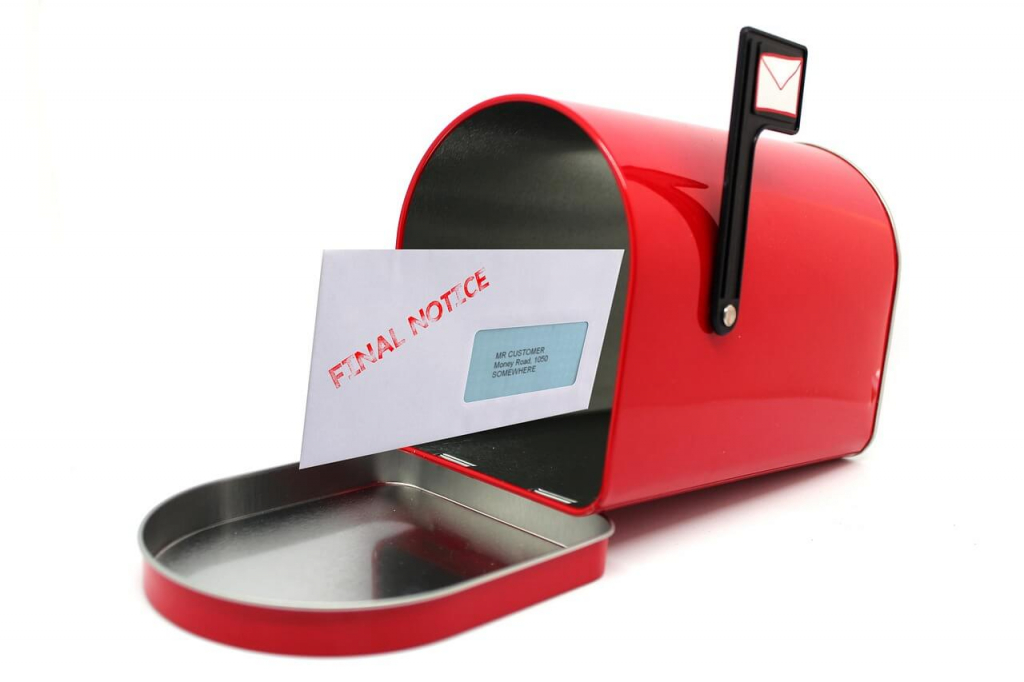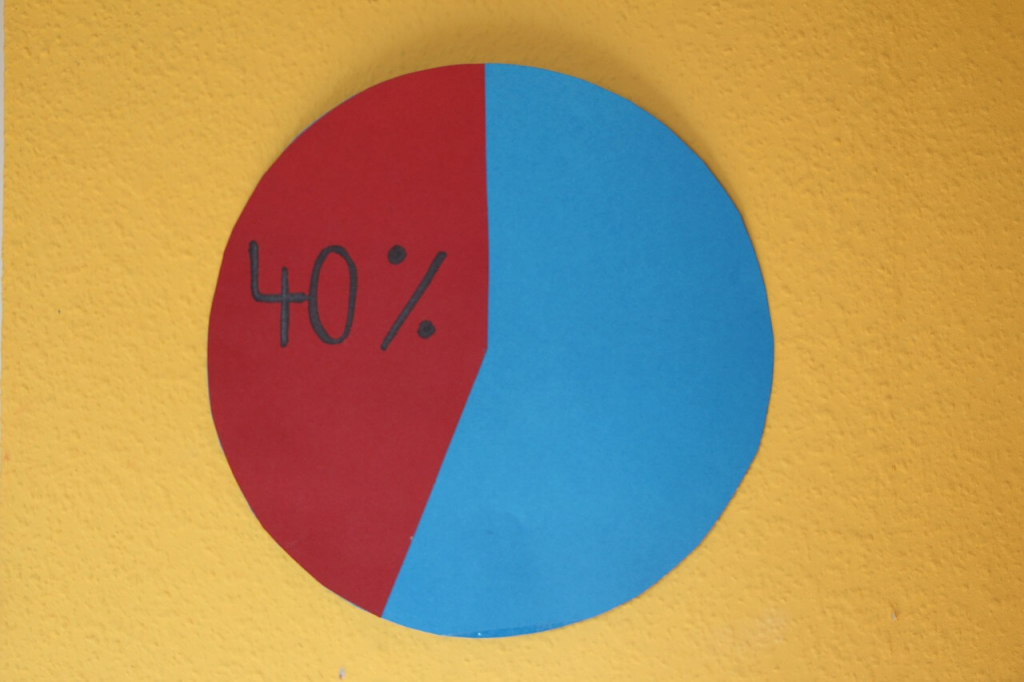An eviction process can cause a lot of stress and problems to all parties involved. However, if a bad tenant causes a lot of problems in the property, a landlord would have no other option but to file an eviction lawsuit (a.k.a. unlawful detainer) against him.
If you are a landlord experiencing problems with a horrible tenant and you are on the verge of filing an eviction lawsuit, you have to first make sure that you increase your odds of winning the case.

Knowing these common mistakes landlords made in the past that caused them to lose eviction cases is one way to check if you have a strong chance of successfully evicting your tenant if you ever decide to sue.
Not serving a Notice to Quit properly.
To start an eviction process, you have to serve the tenant being evicted with a Notice to Quit. The notice will inform the tenant that you will file an eviction lawsuit if he fails to vacate the property on or before a certain date.
If the court finds out that you failed to serve him the notice, or failed to give him enough time to vacate the premises based on what state housing laws require (usually 3 days), the court will not rule in your favor and the tenant gets to stay.

A Notice to Quit can also be deemed defective by the court if it lacks any of the components required by law such as the legal name of the tenant, the address of the property, a legal reason for eviction, etc.
Accepting Partial Rent
When the tenant is being evicted because of non-payment of rent and you accept his offer to pay partial rent, it can mean that you are waiving the 3-day Notice to Pay or Quit, canceling the eviction process.

Lease clause of no-cap attorney’s fees
A no-cap on attorney’s fees clause in your lease agreement can be your downfall. An agreement to this clause means that if you and the tenant will have a legal battle in the future, whoever loses will pay for the winner’s attorney’s fee.
As a landlord, this could financially harm you especially in an eviction lawsuit, which can easily be lost just because of mere technical mistakes. A lot of good legal-aid lawyers would also be more than willing to help your tenant win the case when they know that they can get a hefty amount from you. Even if you win the case, if the reason for eviction is due to non-payment, the tenant will most probably have no money to pay for your attorney’s fees.
If you still want to have a clause on attorney’s fees on your lease agreement, cap it to just $700 or less.
Lack of Evidence
If you’re evicting a tenant due to lease violations, make sure you have the original lease agreement that you signed, proof of the lease violation (e.g. photos of property damage), and documents of all transactions. Having a paper trail that you can use as evidentiary support in court could increase your chances of winning.

Not agreeing to a settlement
An eviction process would require a lot of time and money, without any guarantee that you would get rid of the bad tenant. This is why most lawsuits end up with both parties agreeing to a settlement because it’s quicker and less stressful.
You can allow the tenant to make up for any lease violation, come up with more effective terms that are more beneficial to both parties, or offer the tenant options to leave the property that doesn’t involve an eviction record.

Accepting bad tenants
You can’t lose an eviction case if you don’t have a reason to file for one in the first place. Most eviction cases are due to a tenant’s bad behavior. If from the get-go, you weed out bad tenants on your pool of rental applicants, you will less likely deal with lease violations.
When you publish a high-quality listing on Padleads, you could attract a lot of rental applicants, including a few bad apples. Screening applicants thoroughly will help you successfully find responsible tenants that wouldn’t give you any headaches.